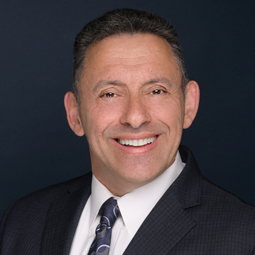Determining fault in a Portland car accident case can be complex, but it’s important to understand the basics. In this blog post, we’ll discuss the possible responsible parties in a Portland car accident and how to determine who’s at fault.
Possible Liable Parties in a Portland Car Accident
In a Portland car accident case, multiple parties can be considered liable for the incident. Let’s take a look at the parties that can be held responsible in a car injury crash:
Drivers
When it comes to determining fault in a car accident case, one of the key parties to consider is the drivers involved. Driver negligence can play a significant role in determining who is at fault and ultimately responsible for the accident.
In many cases, the driver who is found to have violated traffic laws or acted in a negligent manner is considered at fault for the accident. [1] This could include behaviors such as speeding, running a red light, failing to yield, reckless driving, or being under the influence of drugs or alcohol.
These actions demonstrate a lack of care and responsibility on the part of the negligent driver, making them liable for any resulting damages or bodily injuries.
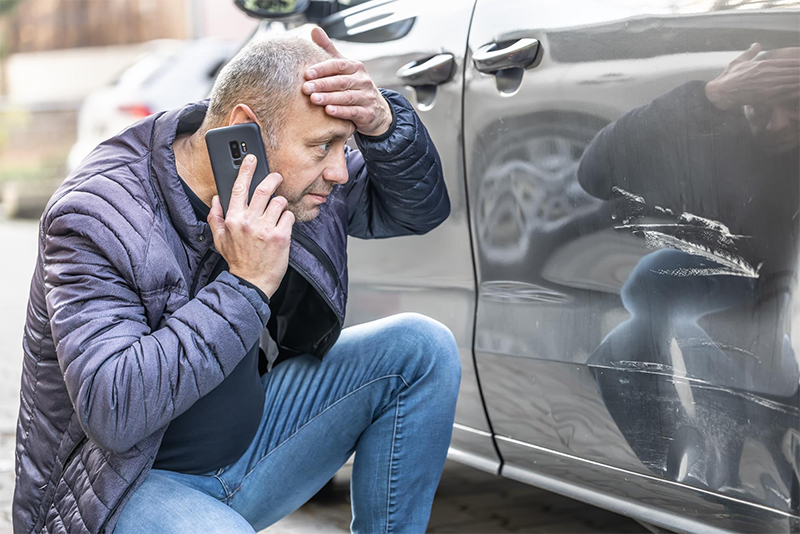
Employers
Employers can potentially be held liable in motor vehicle accident cases under the legal principle of vicarious liability. This principle holds that employers can be responsible for the actions of their employees if those actions occur within the scope of their employment. This concept is known as respondeat superior. [2]
If an employee causes a car accident while they are performing their job duties or carrying out tasks on behalf of their employer, the employer may be held accountable for any resulting damages or severe injuries. This is because the employee’s actions are seen as an extension of their employer’s actions.
For example, if a delivery driver, who is employed by a company, causes a car accident while making a delivery, the employer may be held liable for any motor vehicle crashes caused. Similarly, if an employee drives a company vehicle and causes an accident while running errands for work purposes, the employer can potentially be held accountable.
Not all employer actions will fall within the scope of employment. If an employee is engaged in personal activities unrelated to their job at the time of the accident, the employer may not be held liable. The key factor is whether the employee’s actions were reasonably within the scope of their employment.
Vehicle Owners
Vehicle owners can potentially be held liable in a Portland car accident case if certain conditions are met. Liability may arise if the owner allowed an unfit driver to use their vehicle, knew of a driver’s previous negligence or recklessness, or failed to properly maintain the vehicle.
For instance, if a vehicle owner knowingly lends their car to an intoxicated or drunk driver and an accident occurs, they may be found liable for any resulting damages or accident injuries. Similarly, if a vehicle owner is aware that a driver has a history of reckless behavior and still allows them to use their vehicle, they may be held accountable for financial compensation for the victim.
Vehicle owners also have a responsibility to ensure that their vehicles are in proper working condition. If an owner fails to address known maintenance issues, such as faulty brakes, and an accident occurs as a result, they can be held liable for the consequences.
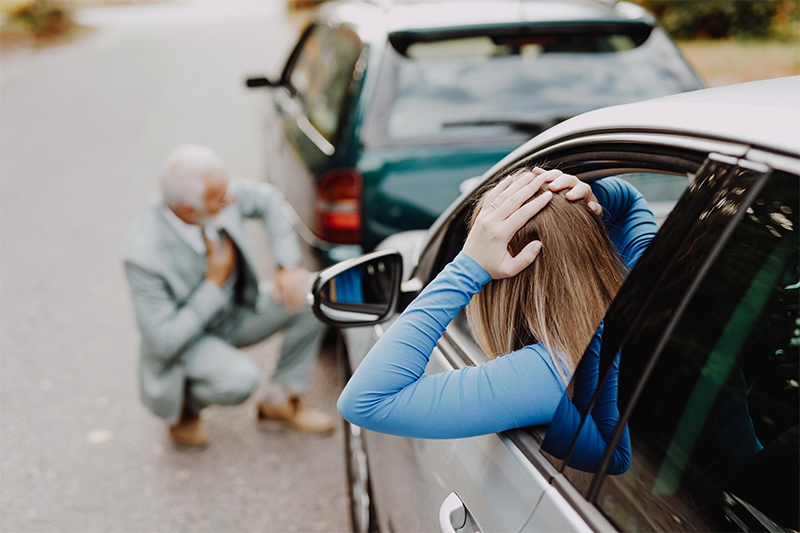
Manufacturers and Mechanics
When it comes to determining liability in a car accident case in Portland, manufacturers and mechanics play a role. Their actions or negligence can contribute to the cause of the accident, making them potentially liable for any resulting damages or catastrophic injuries.
Manufacturers have a responsibility to ensure that their vehicles are designed and built to meet safety standards. If a manufacturing defect, such as faulty brakes or a malfunctioning airbag, is found to have contributed to the accident, the manufacturer may be held liable.
Similarly, mechanics have a duty to properly maintain and repair vehicles to ensure their safety on the road. If a mechanic fails to address known issues or performs a negligent repair, and this contributes to the accident, they may be held responsible for their actions.
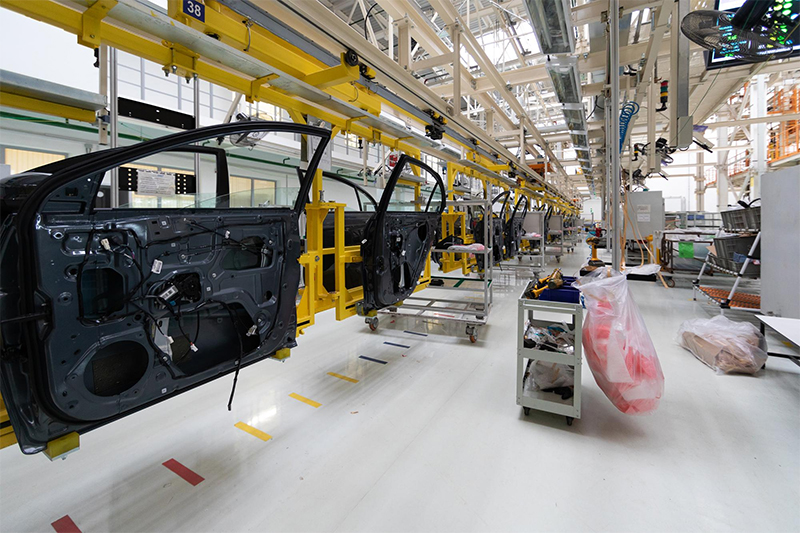
Government Entities
In a Portland car accident case, government entities can play a significant role and may be held liable under certain circumstances. Government entities, such as city or state departments responsible for road design, construction, and maintenance, have a duty to ensure the safety of the roads for drivers.
If an accident occurred due to poor road conditions, lack of proper signage, or failure to maintain road conditions, the government entity responsible for these factors can be held liable for the accident. For example, if a road has sharp turns or inadequate lighting, it can increase the risk of accidents. If a government entity fails to address these issues despite knowledge of the hazards, they may be at fault in the accident case.
To establish liability, the injured person or party must demonstrate that the government entity was negligent in fulfilling its duty of ensuring safe road conditions. This can be done by gathering evidence such as accident reports, witness statements, photographs of road conditions, or expert opinions.
How is Fault Determined in a Portland Car Accident?
Here’s how fault is determined in a Portland car accident:
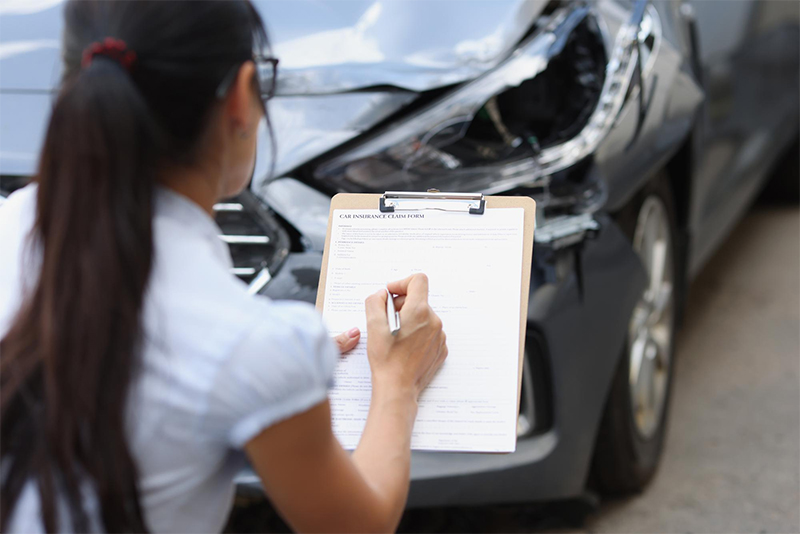
As we navigate the intricate web of traffic laws, insurance coverage, and personal responsibility, we find that the answer to who is at fault is rarely black and white. It’s like a canvas of different shades, influenced by human error, mechanical quirks, and the unpredictability of life on the road.
If you need to pursue personal injury claims due to a Portland car accident, contact our experienced auto accident attorneys at Goldberg & Loren for a free consultation.
Sources:
[1] Breach of Duty of Care Lecture. (n.d.). LawTeacher. https://www.lawteacher.net/lectures/tort-law/negligence/breach-of-duty/
[2] Bieber, C. (2023, February 21). What Is Respondeat Superior? Forbes Advisor. https://www.forbes.com/advisor/legal/personal-injury/respondeat-superior
[3] Comparative Negligence. (n.d.). LII / Legal Information Institute. https://www.law.cornell.edu/wex/comparative_negligence
[4] Comparative responsibility. (2022, June 2). Wikipedia. https://en.wikipedia.org/wiki/Comparative_responsibility

